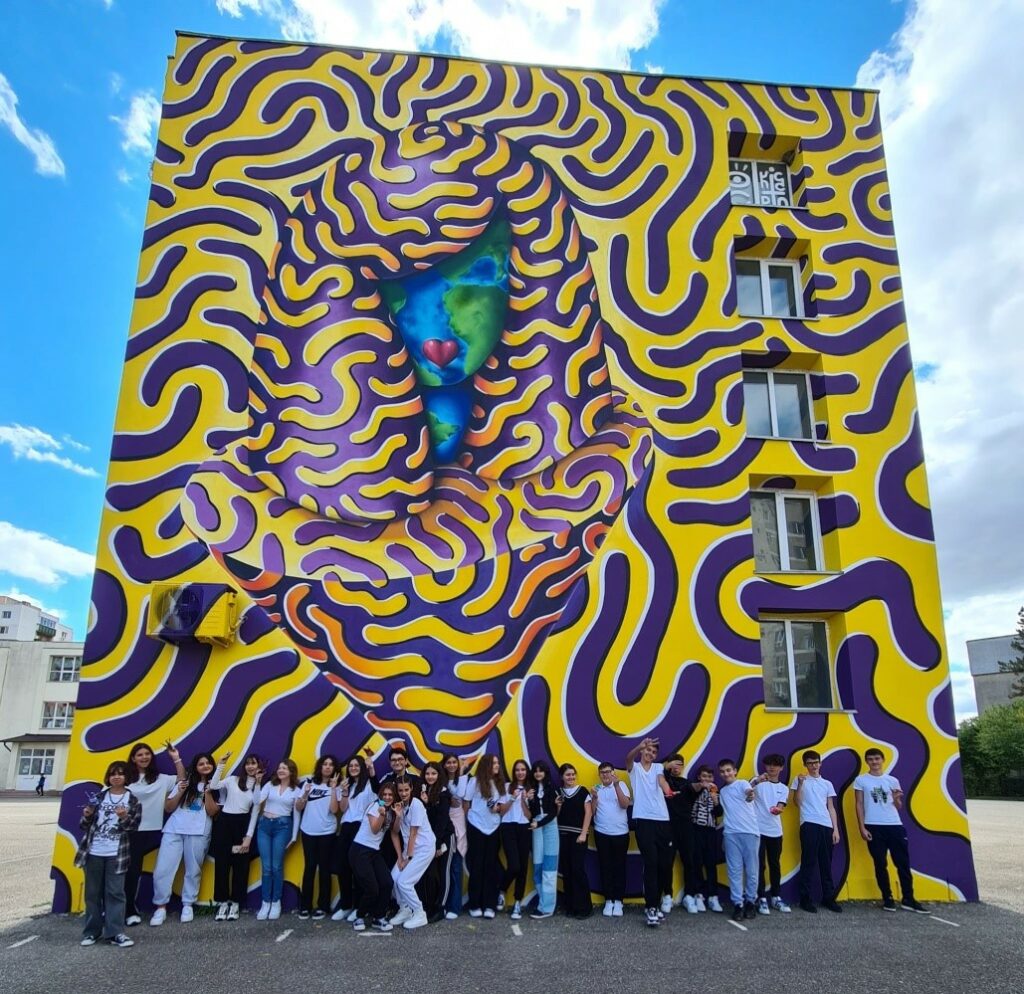
The majority of us are familiar with fun and conversational acronyms, but these days social media words can look a bit like alphabet soup. Day by day social media acronyms are becoming more normal. IKR – I know, right? It’s crazy.
Don’t worry; you are still a cool teacher if you aren’t sure what all these terms, hash tags or acronyms on social media mean. However, knowing the meaning behind these social media abbreviations will be helpful for you, as a teacher, to communicate with your Gen Z and Alpha students, especially if you use Social Media content in your lessons.
How did this happen and how did social media transformed the way we interact with each other?
Social media enables us to communicate with a much larger number of people on a global scale in a way that we only really used to be able to do on a local level. For example, the average number of friends a person has on Facebook in the UK is around 300 – even if you’re only actually really friends with, say, 10% of that number that’s still 30 friendships to be maintaining.
The result? An ever-increasing speed of communication. On Twitter there’s a 140 character limit, so even if you’re not against the clock you are quite literally forced to make the statement brief.
The use of acronyms are now commonplace substitutes to whole sentences; LOL (laugh out loud), OMG (Oh my God), TTYL (talk to you later) are just a few that demonstrate how social media speeds things up by lessening the need to write longer phrases and reduces space.
Emoticons are used to convey what the user is feeling or to express the intended tone without actually having to write it. You could argue that this is a lazy form of writing, but social media isn’t a process of creative writing, it’s a fast and convenient way of interacting with an audience.
Language is an evolving thing. It’s naive to think that the language of social media isn’t having an effect on the way we use English in day-to-day life. It’s more appropriate to consider just how much of an effect it’s having on the way we communicate.
A lot of words originating from social media have become so commonplace that they’ve now slipped into popular usage. Just a few interesting words that have their origins in technology are blogosphere (the collective word for personal websites called blogs), troll (someone who creates conflict online by starting arguments or upsetting people) and buzzword (a word or phrase that is fashionable at a particular time or in a particular context).
Another phenomenon we’ve seen in recent years is the reappropriation. This is the cultural process by which a group claims words that were previously used in a certain way and gives them a new meaning. In this way the people are quite literally creating new words and giving new meanings to existing words.
‘Friended’ and ‘unfriended’ are two examples of words that have been given a new meaning due to their usage online. The word ‘friend’ and ‘befriend’ is from Old English originating in the 13th Century, but it has been given an entirely new meaning thanks to Facebook. ‘Like’ and ‘viral’ are other popular examples of words that have had their meaning reappropriated by social media.
There are even instances of online brands becoming so powerful that words have crept into the English language based on them. ‘Google’ is the world’s leading search engine and it has become so universal in its usage that the phrase ‘Google it’ has virtually replaced the phrase ‘search for it’ in common speech. There are examples of this lifted directly from social media too; ‘tweet it’ refers to writing a message using Twitter, but has essentially come to mean ‘share it’.
So, has social media changed the way we speak and write English? Yes, undeniably. Social media’s use of emojis, tweets, acronyms, and hashtags have created a clear impact on today’s language and learning them is the first step in relating to our Gen Z and Alpha audience.
